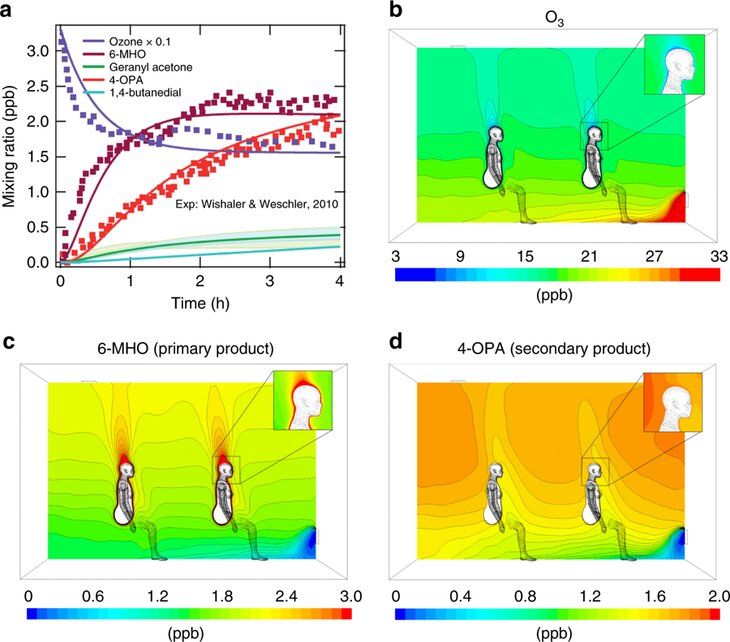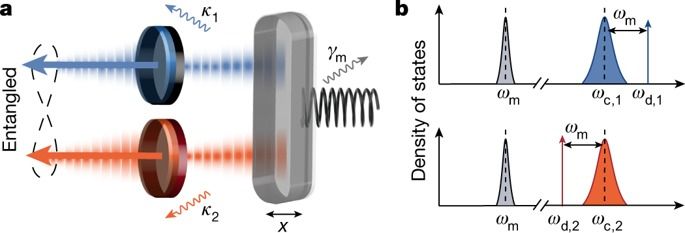Flashback to 2 years ago…
Scientists from Maastricht University have developed a method to look into the brain of a person and read out who has spoken to him or her and what was said. With the help of neuroimaging and data mining techniques the researchers mapped the brain activity associated with the recognition of speech sounds and voices.
In their Science article “‘Who’ is Saying ‘What’? Brain-Based Decoding of Human Voice and Speech,” the four authors demonstrate that speech sounds and voices can be identified by means of a unique ‘neural fingerprint’ in the listener’s brain. In the future this new knowledge could be used to improve computer systems for automatic speech and speaker recognition.
Seven study subjects listened to three different speech sounds (the vowels /a/, /i/ and /u/), spoken by three different people, while their brain activity was mapped using neuroimaging techniques (fMRI). With the help of data mining methods the researchers developed an algorithm to translate this brain activity into unique patterns that determine the identity of a speech sound or a voice. The various acoustic characteristics of vocal cord vibrations (neural patterns) were found to determine the brain activity.








